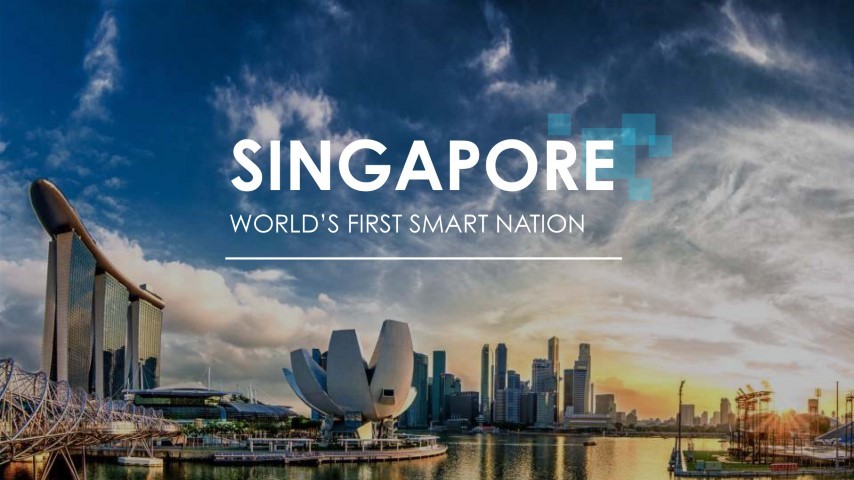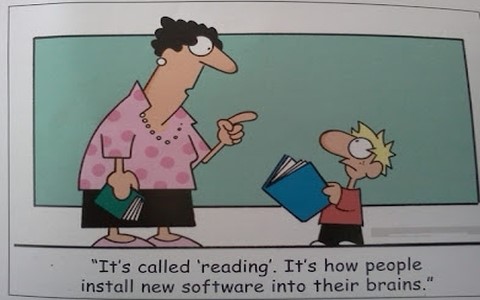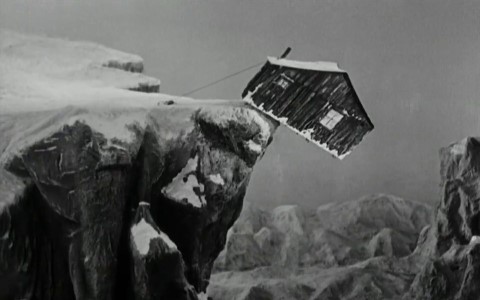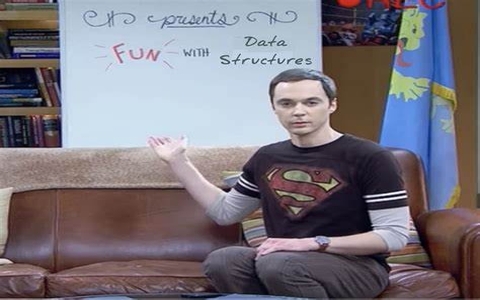What Exactly is a Smart City?
A smart city is a framework, predominantly composed of Information and Communication Technologies (ICT), to develop, deploy, and promote sustainable development practices to address growing urbanization challenges.
A big part of this ICT framework is an intelligent network of connected objects and machines (also known as a digital city) transmitting data using wireless technology and the cloud.
Cloud-based IoT applications receive, analyze, and manage data in real-time to help municipalities, enterprises, and citizens make better decisions that improve quality of life.
Citizens engage with smart city ecosystems in various ways using smartphones and mobile devices and connected cars and homes. Pairing devices and data with a city's physical infrastructure and services can cut costs and improve sustainability.
Communities can improve energy distribution, streamline trash collection, decrease traffic congestion, and improve air quality with help from the IoT.
For instance:
- Connected traffic lights receive data from sensors and cars adjusting light cadence and timing to respond to real-time traffic, reducing road congestion.
- Connected cars can communicate with parking meters and electric vehicle (EV) charging docks and direct drivers to the nearest available spot.
- Smart garbage cans automatically send data to waste management companies and schedule pick-up as needed versus a pre-planned schedule.
- And citizen's smartphone becomes their mobile driver's license and ID card with digital credentials, which speeds and simplifies access to the city and local government services.
By 2050, Gartner estimates that roughly 70% of the world's population will live in cities. The smart city is the only way to handle such growth.
Smart cities bring the Internet of Things (IoT) to life with a fabric of seamless connectivity that improves quality of life, stimulates economic growth, sustainably manages resources, and reduces pollution. It's more than just a vision. With one smart city up and running in Korea and more planned elsewhere, it's quickly becoming reality.
Features of Smart City
The main features of a smart city include a high degree of information technology integration and a comprehensive application of information resources. The essential components of urban development for a smart city should include smart technology, smart industry, smart services, smart management and smart life.
The Internet of Things is about installing sensors (RFID, IR, GPS, laser scanners, etc.) for everything, and connecting them to the internet through specific protocols for information exchange and communications, in order to achieve intelligent recognition, location, tracking, monitoring and management. With the technical support from IoT, smart city need to have three features of being :
- Instrumented
- Interconnected
- Intelligent
Only then a Smart City can be formed by integrating all these intelligent features at its advanced stage of IOT development. The explosive growth of Smart City and Internet of Things applications creates many scientific and engineering challenges that call for ingenious research efforts from both academia and industry, especially for the development of efficient, scalable, and reliable Smart City based on IoT. New protocols, architectures, and services are in dire needs to respond for these challenges. The goal of the special issue is to bring together scholars, professors, researchers, engineers and administrators resorting to the state-of-the-art technologies and ideas to significantly improve the field of Smart City based on IoT.















